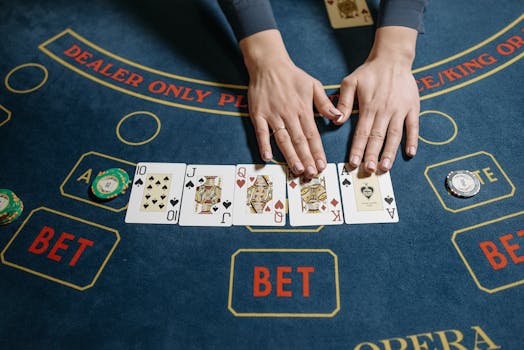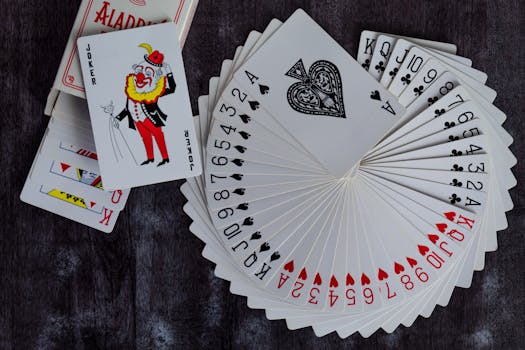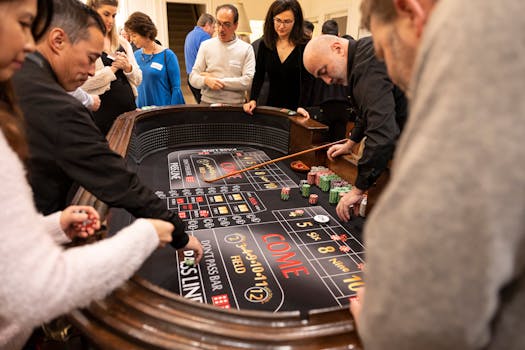Introduction to the House Edge
The house edge is a crucial concept for anyone interested in casino games. It represents the mathematical advantage that the casino holds over the players. This advantage ensures that the casino will profit over a long period of time. Understanding the house edge can help you choose games that maximize your chances of winning.
Exploring Casino Games and Their House Edges
Different games offer different levels of advantage to the house. Here's how some popular games stack up:
- Blackjack
- Advantages: Blackjack has one of the lowest house edges, around 1% or even lower when played with optimal strategy.
- Disadvantages: Effective play requires understanding and applying complex strategies.
- Practical Example: Mastering basic strategy in blackjack can significantly diminish the house edge, but mistakes can give the house a bigger advantage.
- Roulette
- Advantages: Simple rules and straightforward gameplay.
- Disadvantages: Higher house edge, especially in American roulette due to an extra double zero.
- Practical Example: Bets on red/black or even/odd provide close to a 50% chance of winning; however, the zero in European roulette (and the zero and double zero in American roulette) tilt the odds in favor of the house.
- Slots
- Advantages: No skill required, wide variety of choices.
- Disadvantages: Higher house edges, which can vary widely from one machine to another.
- Practical Example: Slot outcomes are entirely reliant on luck, and the house edge is built into the game's programming.
- In blackjack, adhere strictly to basic strategy to minimize the house edge.
- When playing roulette, choose European versions to benefit from a lower house edge.
- For slots, pick machines with the highest payout percentages and always bet enough to be eligible for jackpots.
Comparing the Pros and Cons
Each casino game offers unique benefits and drawbacks. Blackjack, for example, can be lucrative for those who invest time in learning strategy. Slots, while easy to play, typically come with a higher house edge, costing players more over time.
Practical Tips for Casino Games
Conclusion: Smart Approaches to Casino Gaming
A solid understanding of the house edge is indispensable for anyone looking to enhance their casino experience and improve their odds of success. By selecting games with favorable odds and applying appropriate strategies, you can not only enjoy your time but also increase your chances of winning. Remember, the goal is to have fun and gamble responsibly.
Understanding the mechanics behind the house edge can transform how you approach casino games, leading to a more informed and potentially more profitable experience. Whether you're a seasoned gambler or a newcomer, taking the time to learn about the house edge will pay dividends.

.png)





